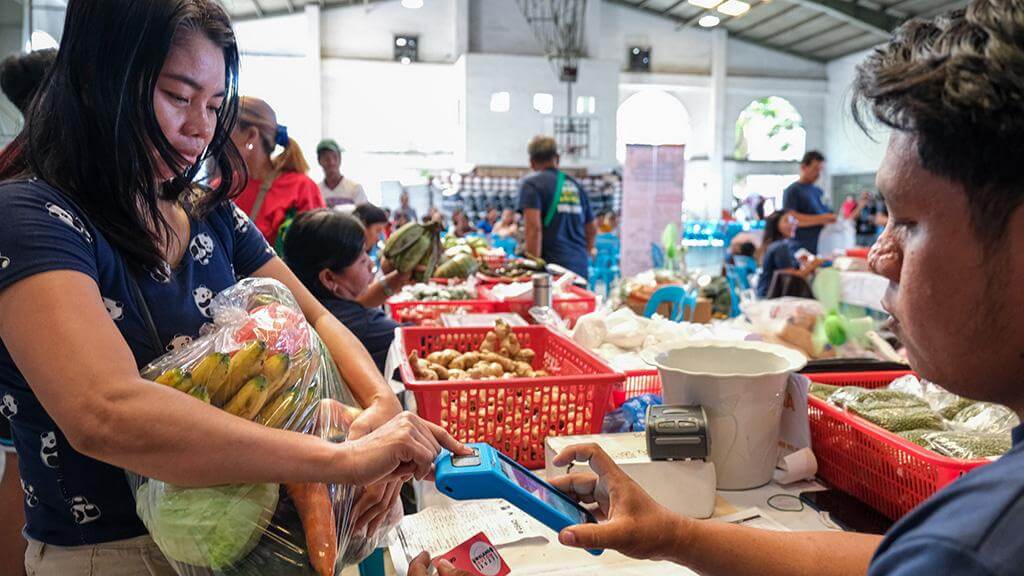

The funding will support the government’s new flagship Walang Gutom (Zero Hunger) Food Stamp Program through the “Reducing Food Insecurity and Undernutrition with Electronic Vouchers Project.” The initiative will help finance monthly electronic food vouchers for 750,000 food-insecure households nationwide.
Nutrition support, stronger safety nets
“With nearly half the Philippine population unable to afford a healthy and nutritious diet, food vouchers are essential to help poor and vulnerable households meet their nutritional needs,” said ADB Deputy Director General for Southeast Asia and concurrent Country Director for the Philippines Pavit Ramachandran. “This project reflects ADB’s commitment to improving food security and nutrition so that all Filipinos can thrive.”
Poverty and food insecurity contribute heavily to undernutrition. Nearly 30 percent of Filipino children under age 5 are stunted — a sign of long-term nutritional deficiencies that harm learning, health, and future productivity. Childhood undernutrition costs the economy an estimated $8.5 billion annually, highlighting the urgency for targeted multisector solutions.
Climate and disaster threats
The Philippines’ vulnerability to disasters compounds the risk of malnutrition. Sitting within the Pacific Ring of Fire and Western Pacific typhoon belt, the country is prone to frequent earthquakes, tropical cyclones, floods, and landslides — hazards projected to worsen with climate change.
Under the program, beneficiaries will also attend monthly sessions promoting better nutrition practices and addressing knowledge gaps to help break the cycle of poverty and malnutrition. The project will strengthen government capacity to deliver shock-responsive social protection, ensuring swift aid during disasters and economic shocks.
Global partnerships, local impact
The project is co-financed by the Agence Française de Développement with a loan of 200 million euros ($220 million) and the OPEC Fund for International Development with a loan of $150 million.
ADB earlier provided technical assistance to the Department of Social Welfare and Development to pilot the e-voucher system in five locations from December 2023 to July 2024, in partnership with the World Food Programme. Lessons from the pilot and its rigorous evaluation shaped the program’s design.
This effort builds on ADB’s more than 15 years of support to the Philippines’ social protection programs, including the Pantawid Pamilyang Pilipino Program (4Ps), and draws on its experience with similar initiatives abroad, such as Mongolia’s Food Stamp Program. —Ed: Corrie S. Narisma